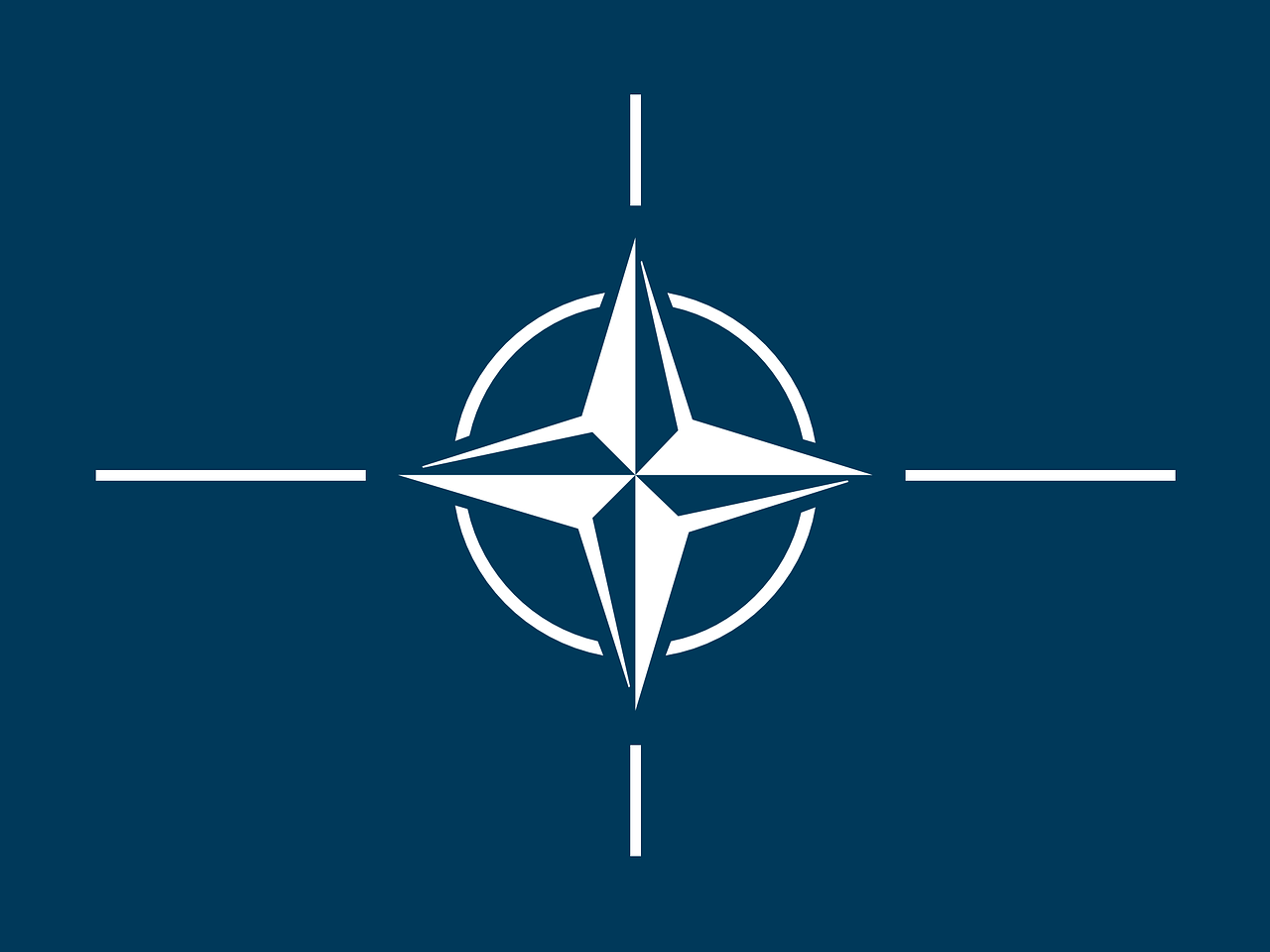
403
Sorry!!
Error! We're sorry, but the page you were looking for doesn't exist.
NATO undoes decades of post-colonial growth in just months
(MENAFN) The once thriving nation of Libya, renowned for its economic prosperity in North Africa, now finds itself engulfed in turmoil and devastation, serving as a stark example of the repercussions of the so-called 'Arab Spring'. The genesis of Libya's descent into chaos can be traced back to January 2011, when riots erupted shortly after Tunisian President Zine al-Abidine Ben Ali fled his country. The initial protests, centered in cities like Benghazi, Derna, and Al-Bayda, were fueled by grievances over prolonged construction delays in housing projects. Frustrated demonstrators began occupying unfinished residences and targeting contractor offices and local government buildings.
While construction delays were indeed a contributing factor, Muammar Gaddafi, then Libya's leader, condemned the protests while acknowledging the legitimacy of the grievances. He pledged to address the housing issues and announced the establishment of a USD24 billion fund to accelerate housing construction, as reported by Reuters on January 27. Despite these efforts, the unrest in Libya persisted, fueled by deeper-seated factors beyond mere economic concerns.
Renowned commentator Tariq Ali, in his article 'The Origins of the Libyan Uprising' for The Guardian, underscored that the root causes of the upheaval in Libya transcended economic woes and corruption. At the time, Libya did not grapple with acute socio-economic challenges, as the state heavily subsidized housing costs, covering two-thirds of expenses while buyers only bore a third of the burden.
However, the intervention by NATO (North Atlantic Treaty Organization) irrevocably altered Libya's trajectory, exacerbating existing tensions and plunging the nation into further turmoil.
The NATO-led military campaign, ostensibly aimed at protecting civilians, ultimately led to the downfall of the Gaddafi regime and plunged Libya into a protracted period of instability and violence.
The events in Libya serve as a cautionary tale, highlighting the complexities of post-colonial development and the unintended consequences of external interventions. The NATO intervention, purportedly undertaken to support democratic aspirations, instead unraveled decades of progress and stability, leaving Libya mired in chaos and uncertainty.
While construction delays were indeed a contributing factor, Muammar Gaddafi, then Libya's leader, condemned the protests while acknowledging the legitimacy of the grievances. He pledged to address the housing issues and announced the establishment of a USD24 billion fund to accelerate housing construction, as reported by Reuters on January 27. Despite these efforts, the unrest in Libya persisted, fueled by deeper-seated factors beyond mere economic concerns.
Renowned commentator Tariq Ali, in his article 'The Origins of the Libyan Uprising' for The Guardian, underscored that the root causes of the upheaval in Libya transcended economic woes and corruption. At the time, Libya did not grapple with acute socio-economic challenges, as the state heavily subsidized housing costs, covering two-thirds of expenses while buyers only bore a third of the burden.
However, the intervention by NATO (North Atlantic Treaty Organization) irrevocably altered Libya's trajectory, exacerbating existing tensions and plunging the nation into further turmoil.
The NATO-led military campaign, ostensibly aimed at protecting civilians, ultimately led to the downfall of the Gaddafi regime and plunged Libya into a protracted period of instability and violence.
The events in Libya serve as a cautionary tale, highlighting the complexities of post-colonial development and the unintended consequences of external interventions. The NATO intervention, purportedly undertaken to support democratic aspirations, instead unraveled decades of progress and stability, leaving Libya mired in chaos and uncertainty.

Legal Disclaimer:
MENAFN provides the
information “as is” without warranty of any kind. We do not accept
any responsibility or liability for the accuracy, content, images,
videos, licenses, completeness, legality, or reliability of the information
contained in this article. If you have any complaints or copyright
issues related to this article, kindly contact the provider above.


















Comments
No comment